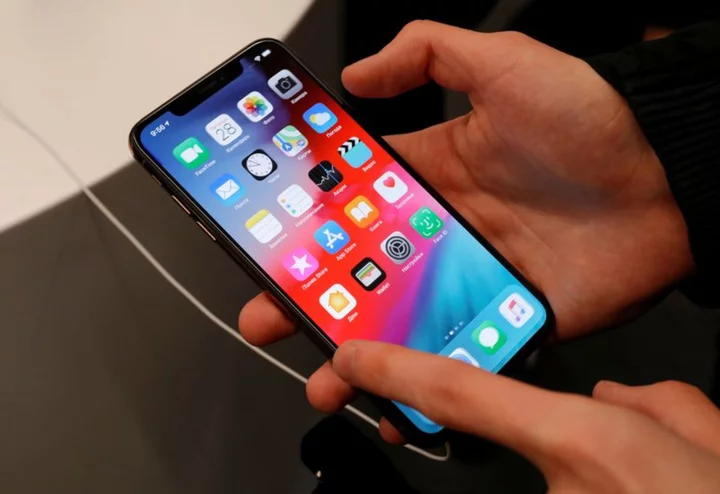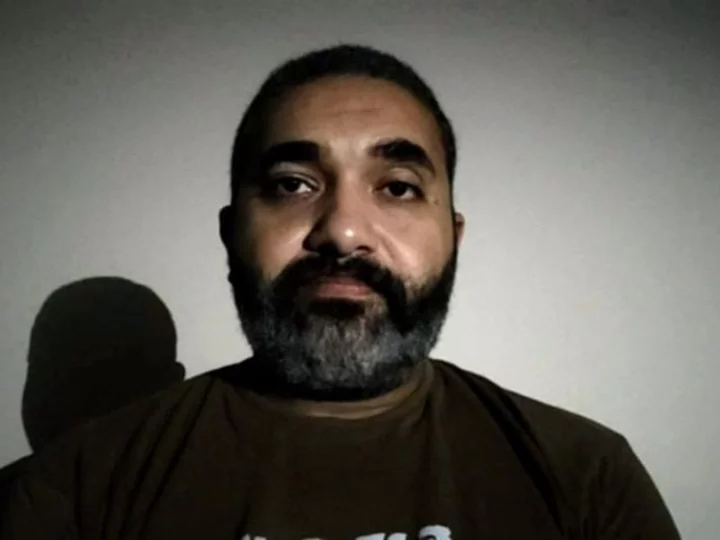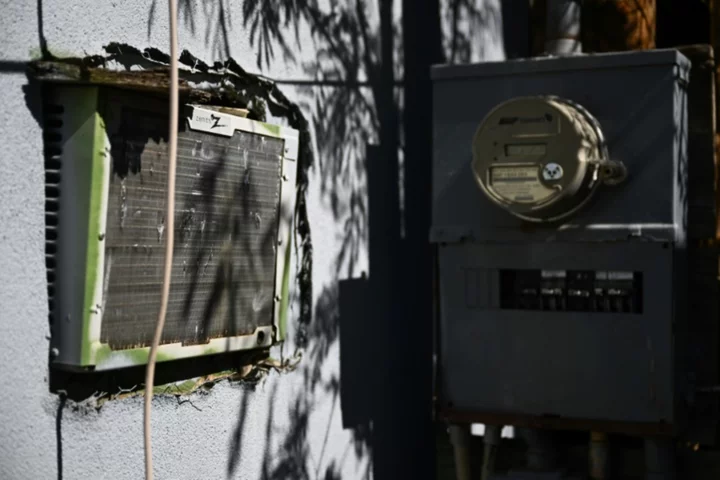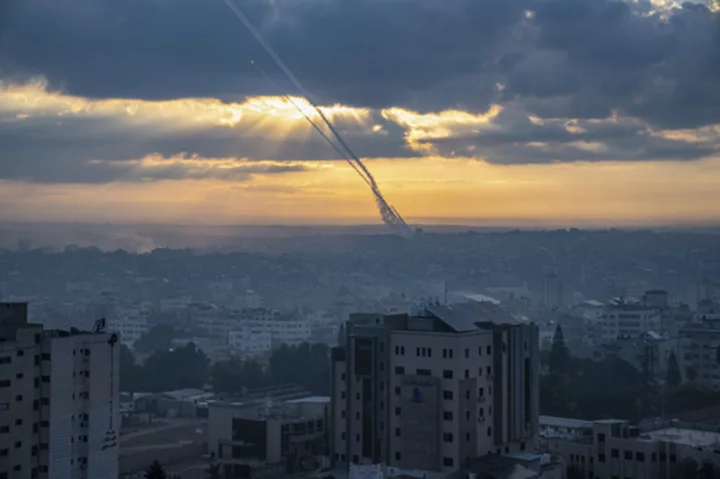By Guy Faulconbridge
MOSCOW Russia's Federal Security Service (FSB) said on Thursday it had uncovered a U.S. National Security Agency (NSA) plot using previously unknown malware to access specially made so-called backdoor vulnerabilities in Apple phones.
The FSB, the main successor to the Soviet-era KGB, said several thousand Apple phones had been infected, including those of domestic Russian subscribers.
Neither Apple nor the NSA immediately responded to emailed requests for comment.
The Russian spy agency also said telephones belonging to foreign diplomats based in Russia and the former Soviet Union, including those from Israel, Syria, China and NATO members, had been targeted.
"The FSB has uncovered an intelligence action of the American special services using Apple mobile devices," the FSB said in a statement.
The United States is the world's top cyber power in terms of intent and capability, according to Harvard University's Belfer Center Cyber 2022 Power Index, followed by China, Russia, the United Kingdom and Australia.
U.S. SNOOPING?
The FSB said the plot showed "close cooperation" between Apple and the NSA, the U.S. agency responsible for U.S. cryptographic and communications intelligence and security.
Both the Kremlin and Russia's foreign ministry pointed to the significance of the matter.
"The hidden data collection was carried out through software vulnerabilities in U.S.-made mobile phones," Russia's foreign ministry said in a statement.
"The U.S. intelligence services have been using IT corporations for decades in order to collect large-scale data of Internet users without their knowledge," the ministry said.
The FSB said the plot had been uncovered as part of a joint effort by its officers and those of the Federal Guards Service (FSO), a powerful agency which runs the Kremlin bodyguard and was also once the KGB's Ninth Directorate.
Officials in Russia, which Western spies says has constructed a very sophisticated domestic surveillance structure, have long questioned the security of U.S. technology.
Kremlin spokesman Dmitry Peskov said all officials in the presidential administration knew that gadgets such as iPhones were "absolutely transparent".
"Using them for official purposes is unacceptable and prohibited," Peskov said, adding that officials were free to use iPhones for private, non-official communication.
PHONE SPYWARE
Putin has always said he has no smartphone, though the Kremlin has said the former KGB spy does use the internet from time to time.
The Russian warning on Apple phones came a few hours before Moscow-based antivirus firm Kaspersky Lab issued a report saying that an undisclosed number of its staffers had had their iPhones compromised in "an extremely complex, professionally targeted cyberattack".
Kaspersky said spyware, delivered by an invisible message, was installed through vulnerabilities in the iOS operating system and that information from the phone was then transmitted to remote servers.
Kaspersky said the digital espionage campaign targeted the company's "top and middle-management" and published a technical report outlining how it said the malicious software worked.
The company did not immediately respond to emails and phone calls seeking comment about the report's timing or whether it was related to the FSB alert.
Earlier this year, the Kremlin told officials involved in preparations for Russia's 2024 presidential election to stop using Apple iPhones because of concerns that the devices are vulnerable to Western intelligence agencies, the Kommersant newspaper reported.
(Writing by Guy Faulconbridge, additional reporting by Raphael Satter in Washington and James Pearson in London; Editing by Gareth Jones, Mark Potter and Andrew Heavens)









